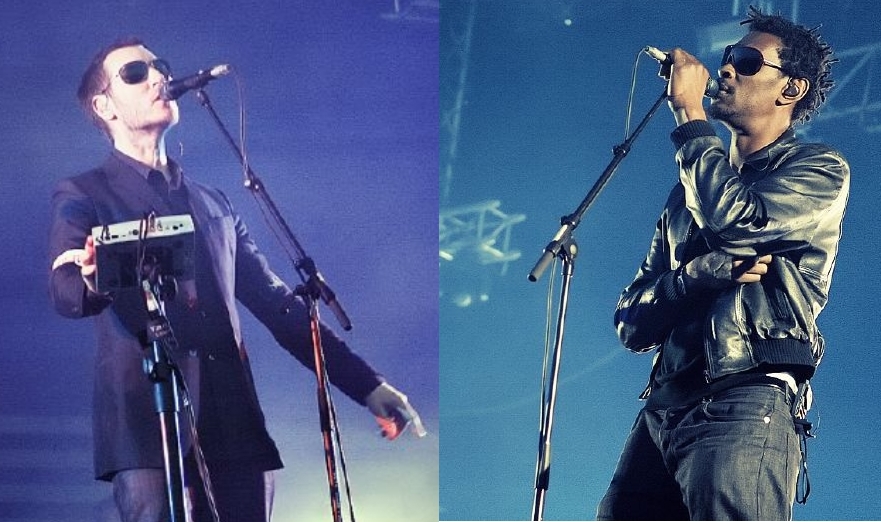Back when journalists actually picked up phones to verify stories, this wouldn’t have happened. Today’s digital echo chamber turned Massive Attack—longtime critics of surveillance capitalism—into the poster child for concert facial recognition abuse. The irony cuts deeper than their darkest Bristol beats.
The trip-hop pioneers recently issued a statement titled “It Isn’t What It Isn’t,” directly disputing reports claiming they collect and store audience facial data at live shows. These allegations spread like wildfire through social media channels, many identified by the band as AI-generated content lacking basic fact-checking. Their response? Calling out “inaccuracies and outright lies” while explaining what their shows actually do.
The Art Behind the Accusations
Live face detection creates fictional database entries for satirical commentary, not surveillance.
Massive Attack’s visual system employs live-only face detection paired with invented database profiles—a “provocation on the hyper-expansion of surveillance capitalism (with a bit of mirth),” according to their statement. No personal data gets recorded or stored.
The fictional profiles reference current issues like ICE repression and student protests, using completely fabricated identities to critique government overreach. Think Black Mirror episode, not Big Brother reality show.
The band emphasized that only government departments and approved contractors can access real public databases in the UK. Accessing such systems across multiple countries, as some reports suggested, would be impossible for a touring act. Their artistic commentary became evidence against them in a game of digital telephone gone wrong.
Consistent Anti-Surveillance Track Record
Band’s activist history directly contradicts surveillance allegations.
This controversy flies in the face of Massive Attack’s documented opposition to surveillance technology. They recently pulled their entire catalog from Spotify, protesting CEO Daniel Ek’s investments in Helsing, a military AI company. Their statement described the “economic and moral burden” of creative work funding “lethal dystopian technologies.”
The band actively supports the “No Music for Genocide” campaign and geo-blocking Israeli access to streaming platforms. They’ve consistently critiqued UK police partnerships with surveillance companies like Palantir, citing human rights organization Liberty’s investigations into underregulated facial recognition systems. Their fictional concert database satirizes the very surveillance state they’ve spent decades opposing.
The real story isn’t about facial recognition at concerts—it’s about how misinformation validates the surveillance society warnings these artists have been making all along. When satirical art becomes fake news, the surveillance critics were right about more than just privacy.


























